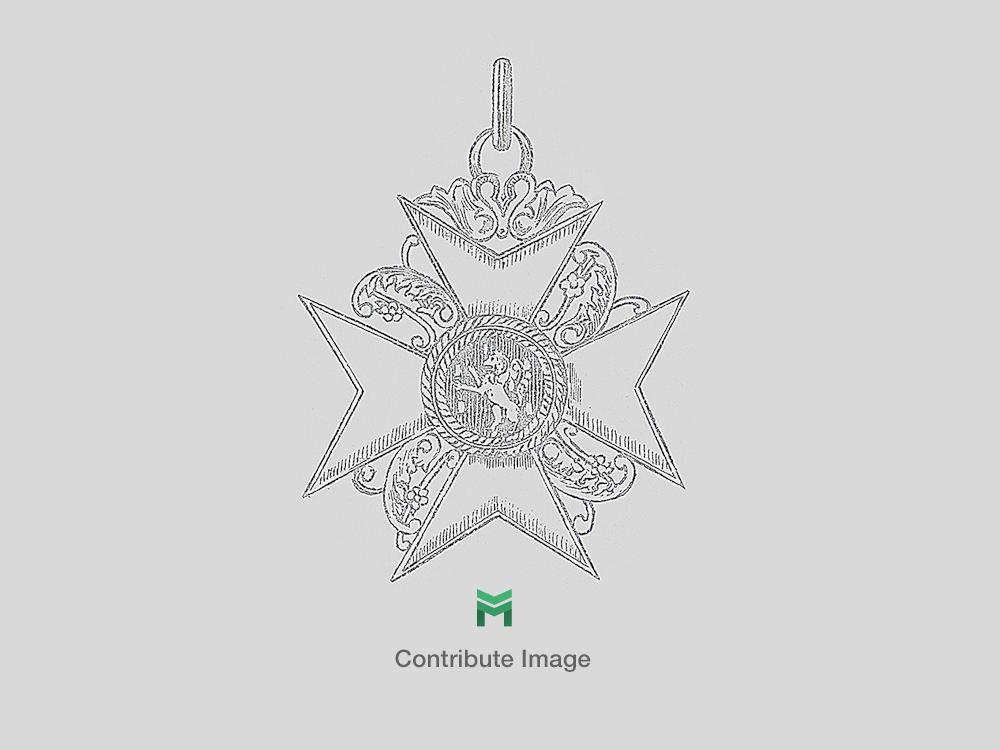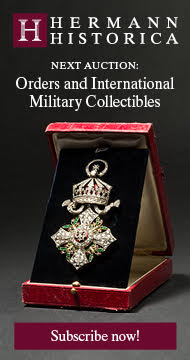Luftwaffe NCO/EM Ranks Uniform Tunic
SKU: 22.GOR.02.01.01.01.003
Estimated market value:

Estimated market value:
Attributes
History
The German Wehrmacht was composed of three main branches, the Heer, the Kriegsmarine, and the Luftwaffe. The Heer and Kriegsmarine uniforms were based upon the designs utilized by their predecessor organizations, the Deutsches Heer and the Kaiserliche Marine. Conversely, the Luftwaffe uniforms were based upon the uniforms worn in the sports and para-military organizations that were the forerunners of the Luftwaffe. The Luftwaffe uniforms were specifically designed to deviate from the designs of the other Wehrmacht service branches. It was also necessary that the uniforms differentiate between military and civilian pilots.
There were two main organizational precursors of the Luftwaffe, the German Air Sports Association (DLV or Deutscher Luftsportverband), and the National Air Raid Protection League (RLB or Reichs Luftschutzbund). The DLV included both a civilian group and a secret military sub-group called the DLV-Fliegerschaft (Pilot Base).
The DLV and the RLB were officially founded in 1933, and they were used to secretly train members for future roles in the Luftwaffe. The DLV became obsolete after Hitler’s official introduction of the Luftwaffe in 1935, and it was disbanded in 1937.
The Uniform Tunic was introduced to replace the Cloth Tunic (Tuchrock) and the Flight Blouse (Fliegerbluse). Yet the Uniform Tunic never fully succeeded in this task, and all three garments were worn for the entirety of the Second World War.
This tunic is single-breasted with a closable collar and composed of several main elements, including the cloth, the pockets, the buttons, the collar lining, the belt hooks, and the additional insignia.
The tunic is made of blue-grey cloth, and there should be four patch pockets in total, with a rectangular flap closure that is closed by a button.
This tunic features five buttons along the front, either silver-coloured for Officers and NCO/EM (Non-Commissioned Officers/Enlisted Men) ranks, or gold-coloured for generals. The buttons on the pockets follow the same colour pattern.
The collar of these tunics is lined in piping that matches the wearer’s arm of service (Waffenfarbe) for all NCO/EM ranks until March 20, 1940. After March 20, 1940, the collars of the tunics of all NCO/EM ranks were not lined. The collars of Officers are lined with twisted silver-aluminum cord, while the collars of Generals are lined with twisted gold-coloured cord.
A simplified overview of the Waffenfarbe colours follows. Not all of these will appear on the NCO/EM tunics.
White: General Officers
Golden-Yellow: Flying Troops (Fliegertruppe)
Red: Anti-Aircraft Troops/Luftwaffe Artillery
Brown: Luftwaffe Signals/Communication Corps (Luftnachrichtentruppe)
Black: Reich Air Ministry, Construction Engineer Corp (Baupioniere) or Luftwaffe Engineer Corp (Luftwaffen-Pioniere)
Dark Green: Administration (Militärverwaltung)
Light/Meadow Green: Radar Units and Air Traffic Control
Dark Blue: Luftwaffe Medical Corps (Sanitätstruppe)
Light Blue: Transport Units (Transporteinheiten) or Luftwaffe Reserve
Carmine: General Staff Service Officers (Generalstabsoffiziere) and Veterinary NCOs/EMs
Pink: Corps of Engineer Officers (Ingenieuroffizierkorps)
Wine Red: Military Judicial Officers (Militärgerichtsbarkeit)
There are two internal belt hooks included within the waistline of the tunic.
There are several types of insignia worn on these tunics, including the embroidered breast eagle above the top right pocket, the collar tabs, and the shoulder boards.


Comments
Sign in to comment and reply.


Scroll Top